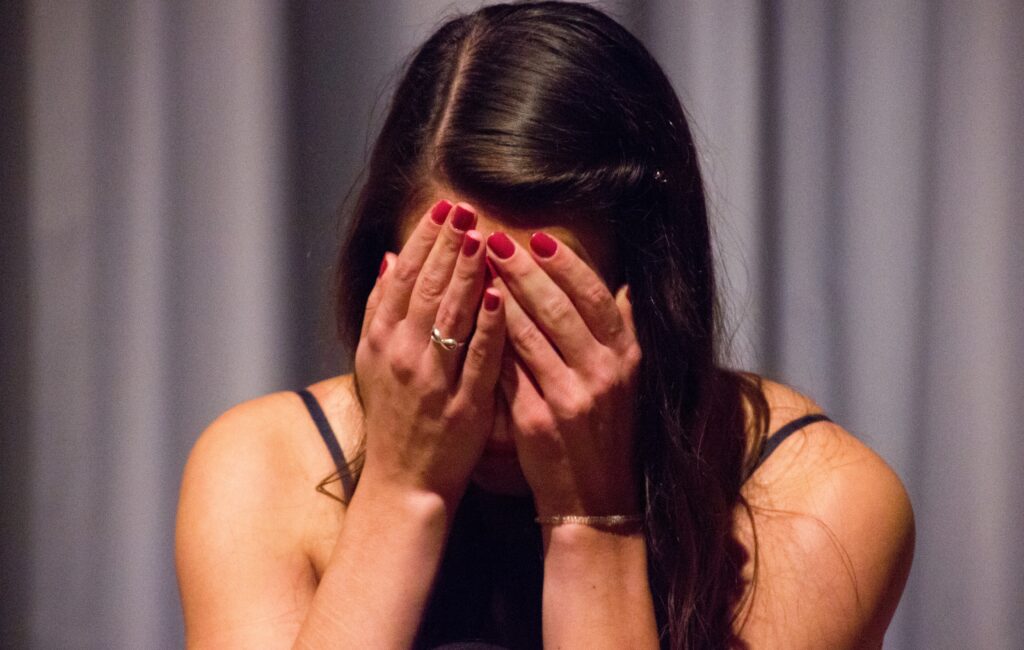
“What you resist persists”
Carl Jung
I wanna talk about guilt today. Guilt is an misjudged feeling. The black sheep feeling. Nobody wants to feel it. It´s uncomfortable. Many believe it´s useless. Even more think that it´s destructive. For sure it´s very loaded.
But the reality is that guilt, unlike shame, is a very important feeling. It moves us to do our best. It moves us to do what is right. And if we listen to research- it´s not toxic. It´s seems to be inversely correlated to psychological pathology.
Moreover, in parenting according to psychologist Gordon Neufeld, guilt is unavoidable. Unless the parent is deeply defended against it. Guilt comes with the responsibility. When one is responsible for someone, he wants to make things work for her. If he cannot or doesn’t want to, even from good reasons- one feels guilty.
It doesn’t mean that we should always be driven by guilt. No-no. If my child wants a lollipop and I refuse- I might feel guilty, but I don’t need to agree with this feeling. What it does mean is that I need to make room for it. I need to allow myself feel it, I need to accept it and I need to consider, each time I feel it, whether I should be moved by it and change something, or if I need to adapt to the situation as it is.
Now in some languages, they say, there’s no difference between shame and guilt – It´s the same word, or both words are used as sinonyms. Hence it´s very important to differentiate the two, even if there is no difference between them in a specific culture- those are 2 very different feelings. According to Neufeld, both feelings are rooted in frustration. Something is not working as I would like it to. But shame is about what I am: “I am not good, something must be wrong with me”. And guilt is about what I do: “I could/can do better”. And this is completely different story. There’s always place for improvement or adaptation in “I could do better”. As opposed to “I am not good” which might lead to despair and depression and has to do with our deep insecurities rooted far back in our childhood.
There is a tendency on social networks to demand no guilt-inducing articles or information to be presented. For example, if a research is showing that breastfeeding is better for babies, the notion would be that it´s not ok to post that research because it would make moms, who were unable to breastfeed, feel guilty.
My take on it- in the context of what I just said- guilt is inevitable. It´s there to push us to do our best. And sometimes our best is limited. Limited to our possibilities. But we don’t need to avoid guilt. We need to listen to it. It doesn’t mean that we need to sink in shame as in, taking the breastfeeding example, “if I don’t breastfeed, I’m not a good mom”. This is shame. But the knowledge that breastfeeding is the best for babies is important. We don’t need to avoid it to avoid the associated feelings of guilt. This knowledge helps us to chose the path to the best care to our children. And trying to follow this path, despite the possible obstacles, is mediated by our instinct to give the best care to our children. And this instinct cannot possibly exist without guilt being attached to it, in case we fail. Or even in case something bad is happening to our child which we didn’t really have influence over- we still feel guilty.
So what am I saying?
I’d like to rehabilitate the reputation of guilt. I’d like to present here guilt, as a feeling that doesn’t need to be avoided. As a feeling that needs to be accepted, which requires courage and vulnerability. As a feeling that needs space and needs to be taken into the account but not always direct our behaviour, which requires a great maturity. Optimally we should be able to decide on the conscious level whether we listen to our guilt and change the situation, or we adapt to the situation as it is and shed our tears about what could have been different. Neufeld believes that the more tears we shed the more resilient we become. Our strength is in our vulnerability – not in being “strong” or opinionated, not in having no doubts about our thoughts, deeds, decisions…
Guilt is a needed and important feeling. I would like to embrace and celebrate it: “I feel guilty about my parenting – therefore I’m a good, caring parent”.
Here and here (to be listened in that order) are two beautiful talks by Brene Brown, a great advocate of vulnerability and researcher of shame. I think she brings up some very important ideas and information in these talks, and she refers to the difference between guilt and shame as well.
To vulnerability 🥂
Author: Lina Vizelman
Photo: Julia Taubitz